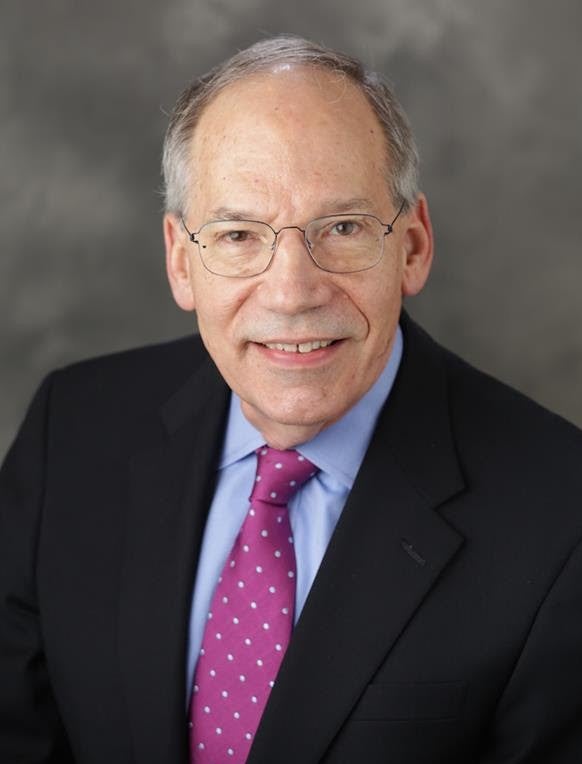Social Security Turns 80
On this day 80 years ago, President Franklin D. Roosevelt signed into law the Social Security Act, creating a public retirement system for millions of Americans. Since then, Social Security has become a primary source of income for retired, aging citizens, and provided support to dependents, family members who have lost loved ones, and disabled Americans. In 2014, more than 59 million people received $863 billion in benefits from the program. However, its capacity to support such numbers for generations to come is often the subject of political debate.
Contact: Emily Gersema at (213) 740-0252 or gersema@usc.edu.
Is Social Security fulfilling its mission?
“Social Security today, as in the past, helps provide financial security to Americans both young and old. Population aging obliges us, as a society, to evaluate how well the program is fulfilling its mission.”
“Fortunately, research and empirical evidence can assist policymakers in evaluating how well the program is fulfilling it goals and what changes may be needed to ensure Social Security continues to provide financial security to future generations.”
Julie Zissimopoulos is the associate director of the USC Schaeffer Center for Health Policy and Economics and an assistant professor of the USC Sol Price School of Public Policy. She is an expert in health care policy, and the economics of aging, retirement and family.
Contact: (213) 821-7947, or zissimop@healthpolicy.usc.edu
Will Social Security exist for younger Americans?
“Social Security is providing an essential safety net for Americans and has now done so for eight decades. Without it, an additional one third of older Americans would live in poverty. It is an example of an efficient and highly effective government program.”
“Like any successful undertaking, one needs to be open to timely course corrections, which in this case would relate to future solvability. Although this merits attention, it is hard to imagine that the basic structure would change dramatically in the decades to come.”
Arie Kapteyn is the executive director of the USC Dornsife Center for Economic and Social Research and economics professor in the Dornsife College of Letters, Arts and Sciences.
Contact: (213) 821-1795 or kapteyn@dornsife.usc.edu
Is Social Security in need of an overhaul?
“Social Security has accomplished a great deal in providing financial security for multiple generations, but it has solvency issues that need to be addressed.”
“If addressed now, the changes are moderate and need not affect those already retired. But if our political leaders continue to kick this can down the road, the changes needed to preserve solvency are likely to be painful and disruptive of people’s planning.”
Paul Ginsburg is the director of public policy for the USC Schaeffer Center for Health Policy and Economics in the Dornsife College of Letters, Arts and Sciences. He also holds the Norman Topping Chair in Medicine and Public Policy at the USC Sol Price School of Public Policy.
Contact: (202) 494-9399 or pginsbur@price.usc.edu
A change in life expectancy
“Social security has indeed been a very important safety net for the retirees. Going forward, however, it faces some challenges, mostly due to a very good reason. Americans now live much longer. People born in 2012 has a life expectancy of 78.7 years (81.2 years for females and 76.4 years for males). In 1935, life expectancy was 61.9 years (59.9 years for males and 63.9 for females). Consequently, social security will continue facing changes!”
Ayse Imrohoroglu is professor of finance and business economics at the USC Marshall School of Business. She can discuss the evolution of healthcare and the role it plays for an aging America.
Contact: (213) 740-6518 or aimrohor@marshall.usc.edu.



